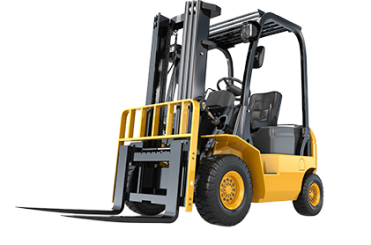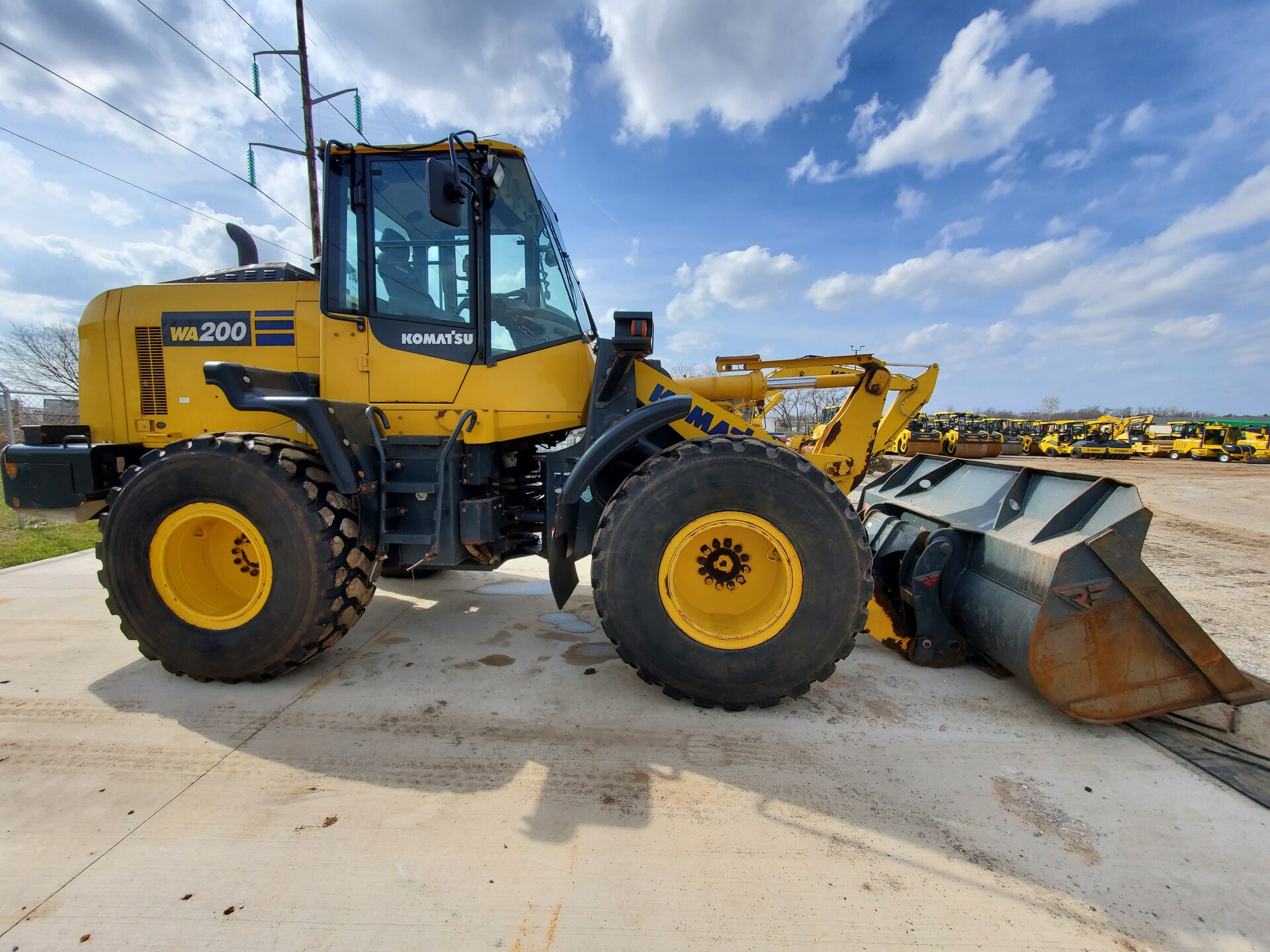Essential Tips for Handling Hefty Devices Rental Agreements and Logistics Properly
Effectively handling heavy devices rental contracts and logistics is critical for the success of any kind of project that counts on these sources. A complete understanding of rental terms, combined with precise analysis of equipment demands, lays the foundation for favorable settlements. Working with transport logistics and planning for ongoing upkeep can significantly reduce unanticipated costs and delays. The intricacies of these elements often present obstacles that require critical insight. What are the vital considerations that can change these prospective challenges into possibilities for effectiveness and cost-saving?
Understand Rental Terms
Recognizing rental terms is crucial for successful hefty devices monitoring. The rental duration specifies the timeframe for which the devices is leased, affecting budgeting and job timelines.
Moreover, it is critical to comprehend the maintenance responsibilities laid out in the arrangement. Typically, rental business keep the devices, but understanding who is accountable for routine checks and repair services is crucial to protect against functional disturbances. In addition, terms might include provisions concerning responsibility for problems or theft, which can have major financial implications otherwise appropriately comprehended.

Assess Tools Needs
Examining tools demands is a critical action for any kind of project supervisor aiming to optimize resource allotment and boost operational performance. This process includes a comprehensive assessment of the job needs, consisting of particular jobs, timelines, and the sort of tools essential to accomplish desired results.
Begin by recognizing the extent of the job and the jobs that will certainly be executed. Think about variables such as the terrain, the range of procedures, and any kind of potential difficulties that could affect equipment selection. Engaging with staff member who will certainly operate the machinery can provide valuable insights right into practical requirements and choices.

Next, assess the capacity and capacities of readily available devices alternatives. It is essential to match the right devices to the jobs at hand, guaranteeing that it can handle the anticipated work without compromising safety and security or performance.
Additionally, element in the rental period and frequency of use. Understanding these elements can assist figure out whether acquiring or renting is one of the most economical service. By carrying out a detailed assessment of equipment demands, task managers can make informed choices that lead to enhanced performance and lowered functional costs.
Negotiate Effectively
When the tools requirements are plainly determined, the next action includes effective settlement with rental companies to protect favorable terms. A well-prepared arrangement strategy is vital for attaining the ideal possible deal. Begin by investigating various rental business to recognize their prices frameworks, supply accessibility, and credibility. This understanding will empower you throughout settlements and aid you establish reasonable expectations.
When approaching the settlement table, be clear concerning your requirements, including the kind of equipment, rental duration, and any type of extra solutions you may need. This transparency makes it possible for rental firms my site to give tailored services that can fulfill your certain demands (forklift rental). Don't think twice to request discount rates, specifically for lasting rentals or bulk orders, as lots of firms agree to provide concessions to protect recommended you read bigger agreements
In addition, consider discussing terms associated with insurance, shipment, and maintenance charges. These aspects can dramatically influence the total expense and must be clearly detailed in the rental contract. Make certain that all agreed-upon terms are recorded in writing to avoid misconceptions and safeguard your rate of interests throughout the rental duration. Efficient negotiation not only causes expense savings yet likewise establishes a favorable relationship with the rental firm.
Coordinate Transportation Logistics
Working with transportation logistics is a crucial facet of handling hefty equipment rental arrangements. Reliable transportation ensures that equipment is delivered on time and in optimal problem, consequently minimizing downtime and improving project performance. To achieve this, it is necessary to create a thorough logistics prepare that lays out the whole transportation procedure from pickup to delivery.
Begin by examining the certain transportation demands based on the kind and size of the devices entailed - heavy equipment rental. Involve with reputable transport carriers that focus on hefty tools to guarantee they have the required expertise and equipment, such as flatbed trucks or specialized trailers. Go over variables such as weight limits, course restrictions, and called for authorizations to stay clear of unanticipated delays
Furthermore, keep open communication with both the rental firm and the transport service provider to work with timetables efficiently. By diligently collaborating transport logistics, you can support the integrity of your rental agreement and assist in smooth job implementation.
Plan for Maintenance and Support

Moreover, it is crucial to connect directly with the rental copyright relating to maintenance duties. Some agreements might consist of upkeep as component discover this of the rental service, while in other situations, the onus may drop on the tenant. Recognizing these terms will certainly help stay clear of unanticipated expenses and liabilities.
Additionally, having access to technical assistance can be invaluable. Ensure that the rental company uses 24/7 support or an emergency get in touch with, enabling for quick resolution of any tools problems. Educating your group on proper devices use and regular checks can also substantially enhance operational effectiveness.
Verdict
In final thought, effective administration of heavy tools rental contracts and logistics joints on an extensive understanding of rental terms, accurate evaluation of equipment needs, and proficient negotiation abilities. Highlighting clear interaction with all stakeholders stays important in navigating the intricacies of devices leasing and logistics management.
Properly handling hefty devices rental agreements and logistics is critical for the success of any type of job that depends on these sources. By completely reviewing and comprehending these rental terms, services can make enlightened decisions, mitigate dangers, and guarantee that their hefty equipment administration lines up with project objectives and financial restrictions.Collaborating transportation logistics is an essential aspect of handling heavy tools rental agreements.In verdict, effective management of heavy tools rental agreements and logistics joints on a detailed understanding of rental terms, accurate evaluation of tools demands, and proficient settlement abilities. Stressing clear interaction with all stakeholders continues to be important in browsing the intricacies of devices service and logistics monitoring.